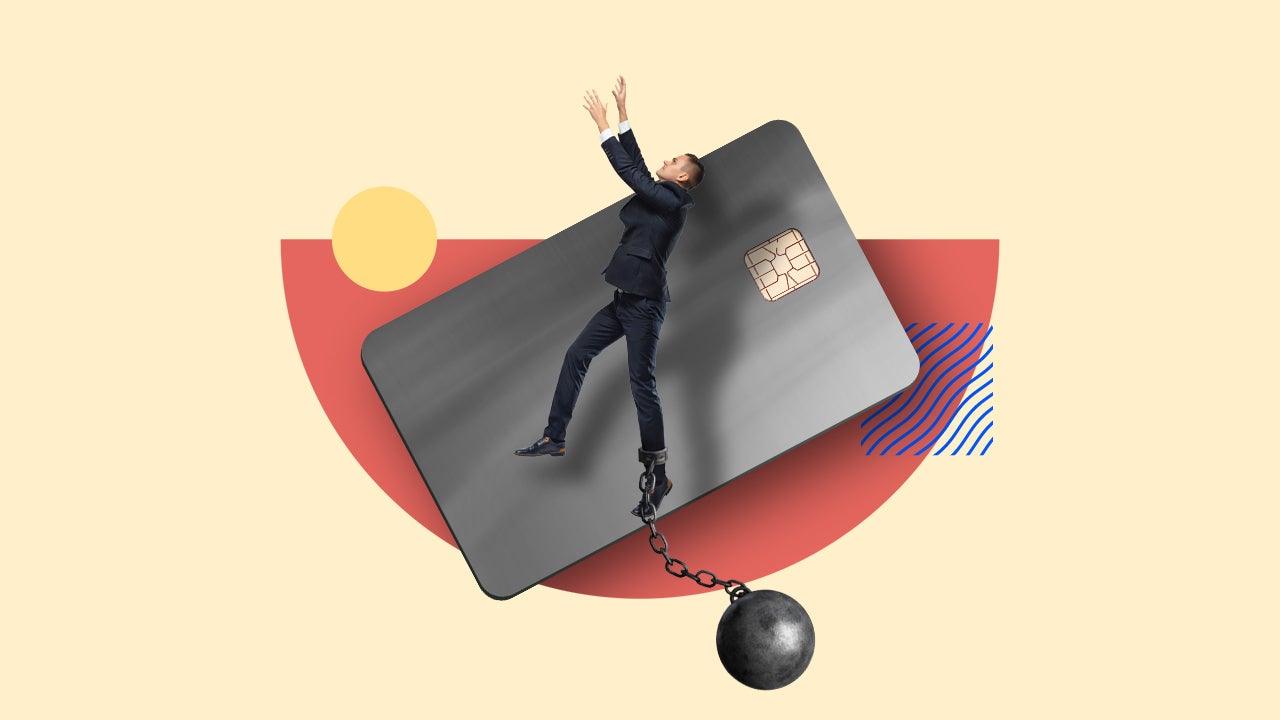Poll: Remote work pays off for almost 6 in 10 U.S. adults



Being thrown into remote work during the pandemic brought challenges, from setting up a workspace to dealing with kids and pets popping into Zoom meetings, but it also had upsides. A big one: saving money.
Many of the 4 in 10 (38 percent) of U.S. adults who worked from home at some point during the pandemic say the work arrangement had a positive effect on their finances, a new Bankrate.com survey found. In fact, almost 6 in 10 (57 percent) said working from home helped, and only 10 percent said it hurt, their financial situation.
Remote work frees up some workers to relocate to less expensive areas, which can offer substantial savings. And some cities and states are paying remote workers cash awards of up to $10,000 or $15,000 to move there in an effort to lure new residents away from big cities.
Though she didn’t get paid to move, 32-year-old startup co-founder Ruthy Lichtenstein says she’s very happy with her recent move from New York City to Cleveland. Her work-from-home arrangement at cellphone repair company Trufyx allowed her and her husband Israel to leave behind an extremely high cost of living. They now rent a four-bedroom house with a detached garage for the same monthly cost as their “yucky basement” apartment in the bigger city.
She clearly remembers the day her life changed: “March 12, 2020, was the last day I worked in-office—hopefully for the rest of my life,” she says.
Millennials and Gen Z see work-from-home savings
Younger generations were more likely than older ones to report financial benefits to working from home, the survey found.
In fact, 60 percent of millennials (ages 25 to 40) and adult Gen Zers (ages 18 to 24) reported that remote work was good for their finances. Only 54 percent of Gen Xers (ages 41 to 56) and 47 percent of boomers (ages 57 to 75) said the same.
Money-saving expert Andrea Woroch says working from home can be good for the household budget for many reasons. Remote work can help you save on commuting costs, lunches out, impulse purchases when walking past stores and even childcare, depending on your situation, she says.
Families with two or three cars may want to consider selling one car when one family member starts working from home, she says. And even if you keep multiple cars, you may be able to negotiate a lower rate on auto insurance since you’re driving much less. “This could result in significant savings,” Woroch says.
However, it’s also important to consider how working from home could negatively impact your budget, Woroch says. For example, you may have to buy office furniture or tech equipment, and your home utility bills and internet costs could increase, she says. So check to see if a work-from-home stipend is available from your employer to offset some of your costs.
One millennial who started working from home during the pandemic, 29-year-old PR professional James McKinsey, says he took a pay cut due to client cutbacks at the beginning of the pandemic, but that income loss was quickly balanced out by his work-from-home savings of $500 to $700 a month.
He saved money mainly by filling up his gas tank less and swapping pricey lunches at the deli around the corner from his office for weekly trips to ALDI to get ingredients for salads and wraps. He recently started a new job that will allow him to work from home permanently.
And Lichtenstein, the startup co-founder who moved from New York to Ohio, estimates that she saves up to $1,000 a month due to her new work-from-home lifestyle. She spends less in a variety of ways, from eating lunch at home to doing away with her full professional wardrobe with jewelry and shoes.
“The best thing I got from COVID, besides people washing their hands and knowing about germs, is working from home,” she says.
Remote workers already had higher incomes
Many workers who reaped financial benefits from remote work already had a head start. That’s because working from home during the pandemic was much more common among those with high incomes, the poll found.
Of those who reported working from home at some point during the pandemic, over half (54 percent) had an annual household income of over $80,000 and more than a quarter (28 percent) made $40,000 to $80,000 a year. Only 21 percent of COVID-19 era remote workers reported a household income of less than $40,000 a year.
“Many Americans’ finances have improved during the pandemic, especially higher-income individuals who have been able to work from home,” says Bankrate industry analyst Ted Rossman.
And between those lower expenses and three rounds of stimulus payments, many households have made considerable progress in boosting savings and paying down debt, he points out. In fact, credit card debt fell 17 percent during the pandemic.
“For those who are able to do so, working from home could provide an additional tailwind moving forward,” Rossman says.
Work-from-home pluses and minuses go beyond money
Many workers who went remote at some point during the pandemic have gone back to in-person work. In fact, over half have returned to the workplace either full-time (27 percent) or part-time (28 percent), the survey found.
Some workers are ready to go back, or at least see downsides to working from home forever. In fact, most of those who worked from home at some point (79 percent) say they see at least one disadvantage to working from home permanently. These minuses include:
- Less interaction with coworkers (44 percent)
- Lower productivity due to distractions (25 percent)
- Less opportunity for promotion and pay increases (23 percent)
- Strain on mental health (22 percent)
- Getting or using fewer vacation days (18 percent)
A fraction of workers strongly prefer not to work from home forever. In fact, 10 percent of those who worked from home at some time during the pandemic say they’d be less likely to stay with a company if their job were made remote permanently.
But some workers say the downsides pale in comparison to the pluses. For example, 42-year old Jamie Hickey, who runs a coffee site and works as a blueprint reader for a Philadelphia office furniture company, did his job remotely for almost a year. He loved saving time and money, being able to better focus on his work and avoiding office politics. “I’m still fighting to go back to remote working,” he says.
When considering a return to the office, most (89 percent) of those who worked at home at some time during the pandemic said they see at least one benefit to making a permanent change to remote work. These benefits of working from home included:
- More freedom (50 percent)
- More family time (48 percent)
- More sleep (40 percent)
- Better mental health (34 percent)
- Decrease in living expenses (32 percent)
The PR pro who now works from home permanently, McKinsey, says he appreciates the flexibility of being able to throw in a load of laundry or take a call while he’s making dinner. And he says his new permanently remote job has opened up the possibility of getting a dog and starting a family in the future.
“The biggest benefits [of working from home] appear to be less tangible than money,” Rossman says.
Survey methodology
Bankrate.com commissioned YouGov Plc to conduct the survey. All figures, unless otherwise stated, are from YouGov Plc. Total sample size was 2,695 adults. The survey was conducted online from May 26-28, 2021.
Why we ask for feedback Your feedback helps us improve our content and services. It takes less than a minute to complete.
Your responses are anonymous and will only be used for improving our website.




